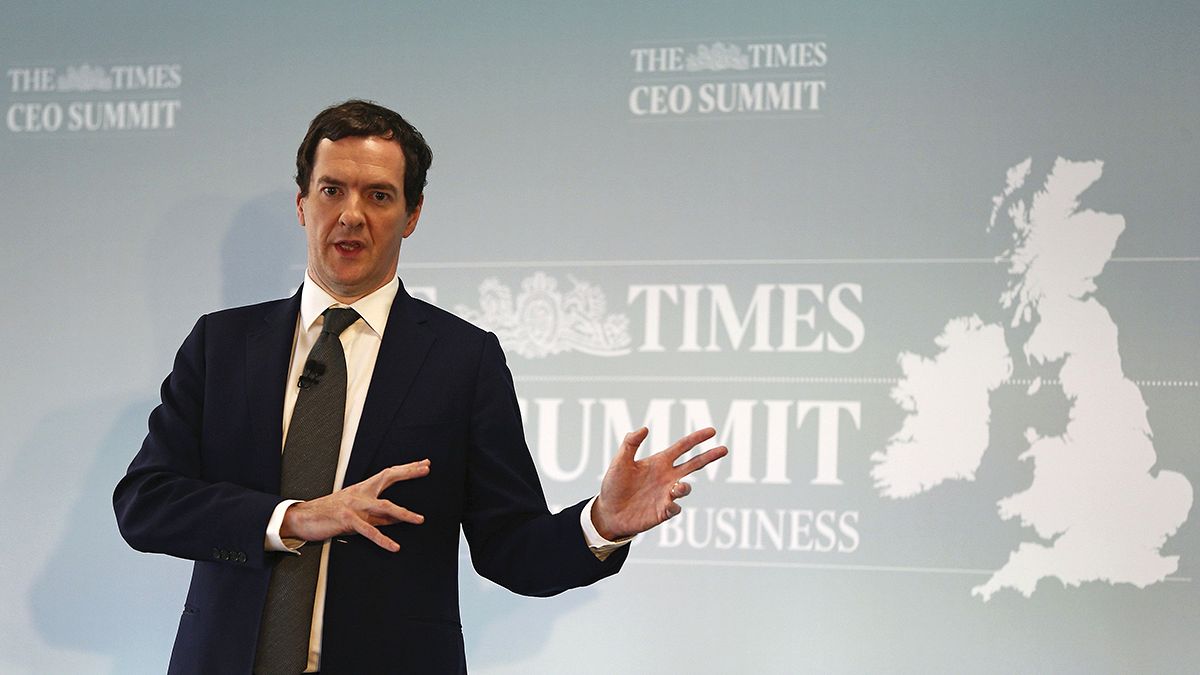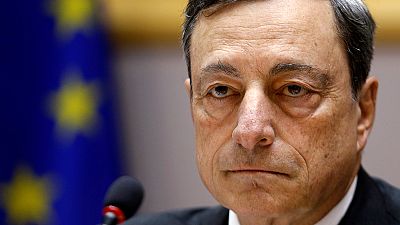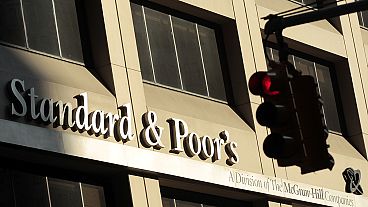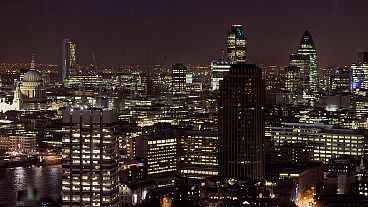The price of Britain leaving the European Union will be higher taxes and government spending cuts according to UK finance minister George Osborne.
The price of Britain leaving the European Union will be higher taxes and government spending cuts according to finance minister George Osborne.
He followed through on his pre-vote warnings by saying there will have to be more austerity to reflect the fact that the UK “is going to be poorer”.
Osborne – a leading campaigner against Brexit – tried to cover all the bases: “My message today is both one of realism and reassurance. Realism about the economic challenge the country now faces. Reassurance that we’re about as well-placed as we possibly could be in the economy to meet that challenge because of the work of recent years rebuilding our country’s economic strength.”
“We didn't get it all right,” says Osborne, on UK economy post-EU referendum. Full podcast: https://t.co/TmoPRzEkLhpic.twitter.com/VSgIhSYt9Z
— BBC Radio 4 Today (@BBCr4today) June 28, 2016
Shares and the pound bounce back a bit
As Osborne spoke at a conference of company chief executives hosted by The Times newspaper, share prices in London and around Europe regained some of the losses they have suffered since Britain’s shock vote to quit the EU.
Banks were among the biggest gainers. Britain’s Lloyds and Barclays jumped 6.8 and 4 percent respectively. Italy’s UniCredit was up 3 percent and Spain’s Bankia surged 8.89 percent.
“After a few days of a lot of volatility, it looks like we have found some stability,” said TD Securities’ European Head of Currency Strategy Ned Rumpeltin.
Even so, the lack of clarity over how a British exit from the EU will proceed could fuel volatility in the weeks to come.
“I think this is a short-lived rally,” said Paul Nolte, portfolio manager as Kingsview Asset Management.
The pound rose one percent against the dollar on Tuesday following its record two-day loss.
The euro also nudged up versus the dollar having dropped to a three-month low after the vote.
Analysts said one reason for the improvement was that investors expect there will be coordinated intervention by central banks to cut interest rates even more deeply into negative territory.
But that is a double edged sword as the profits of already struggling banks will come under further pressure from lower borrowing costs.



